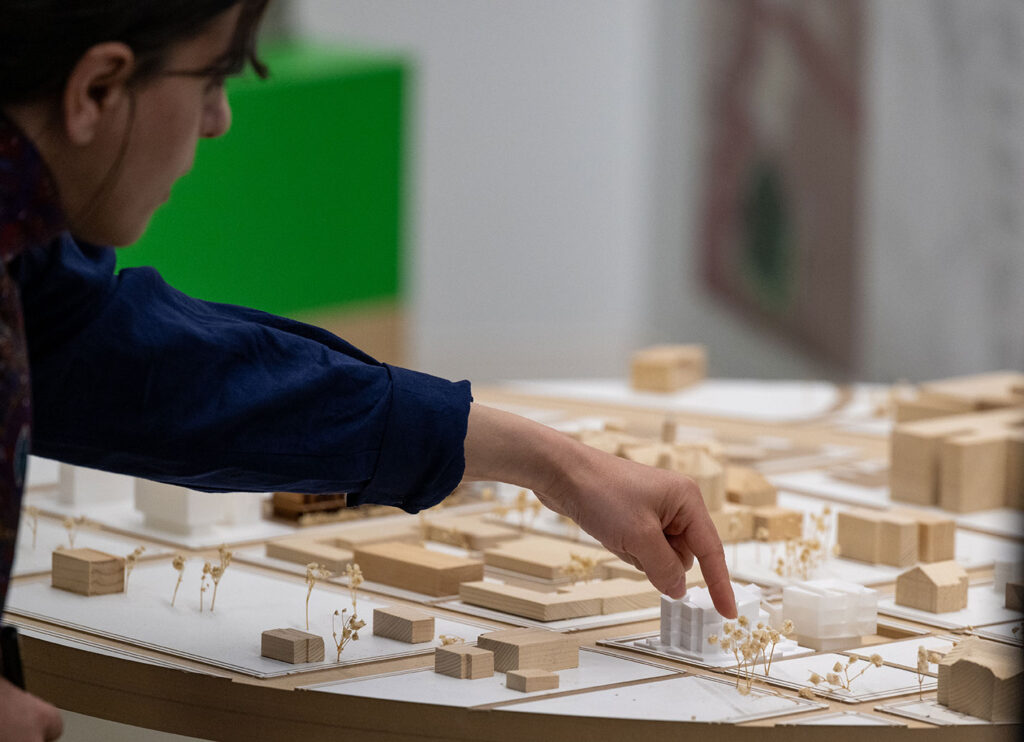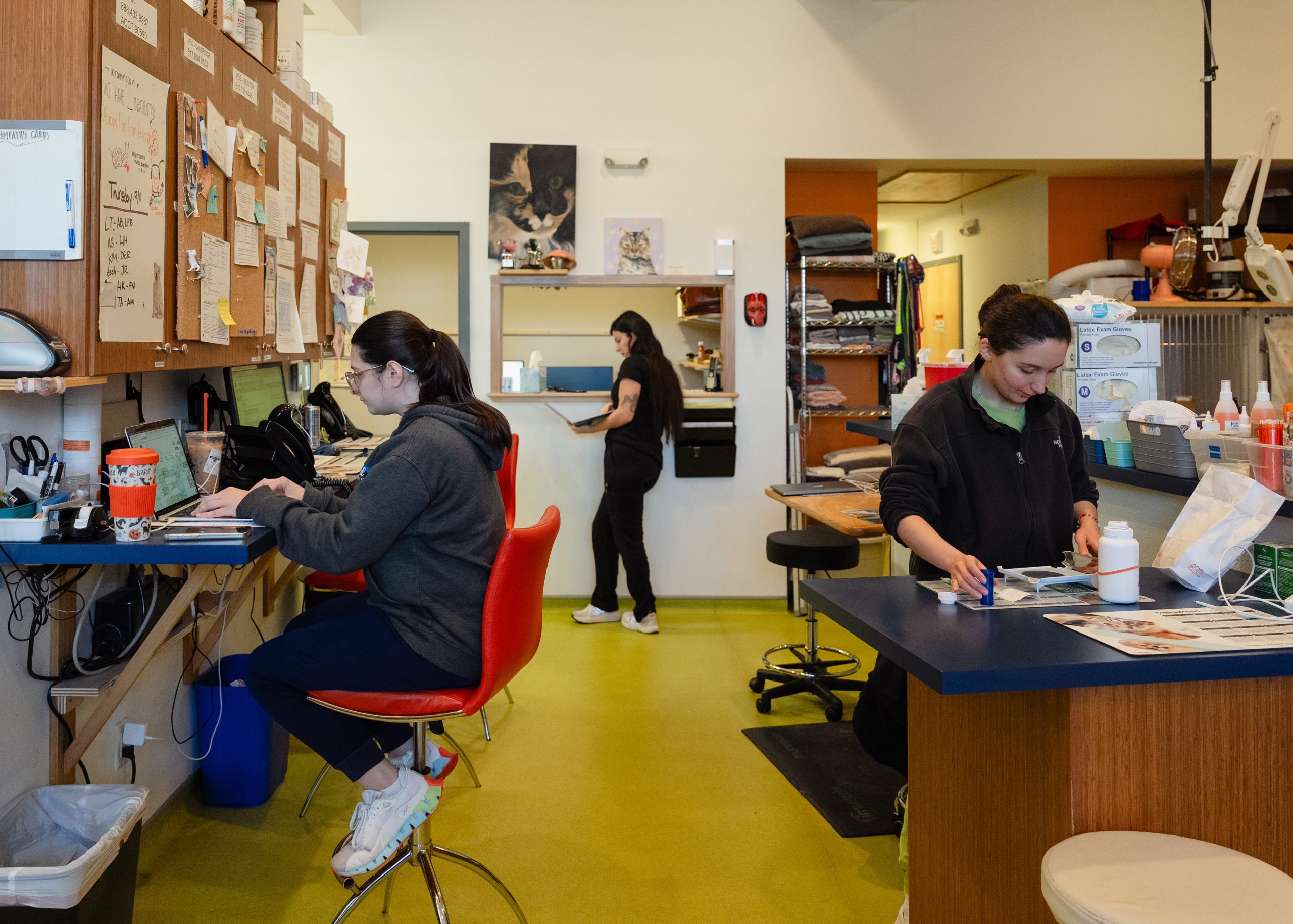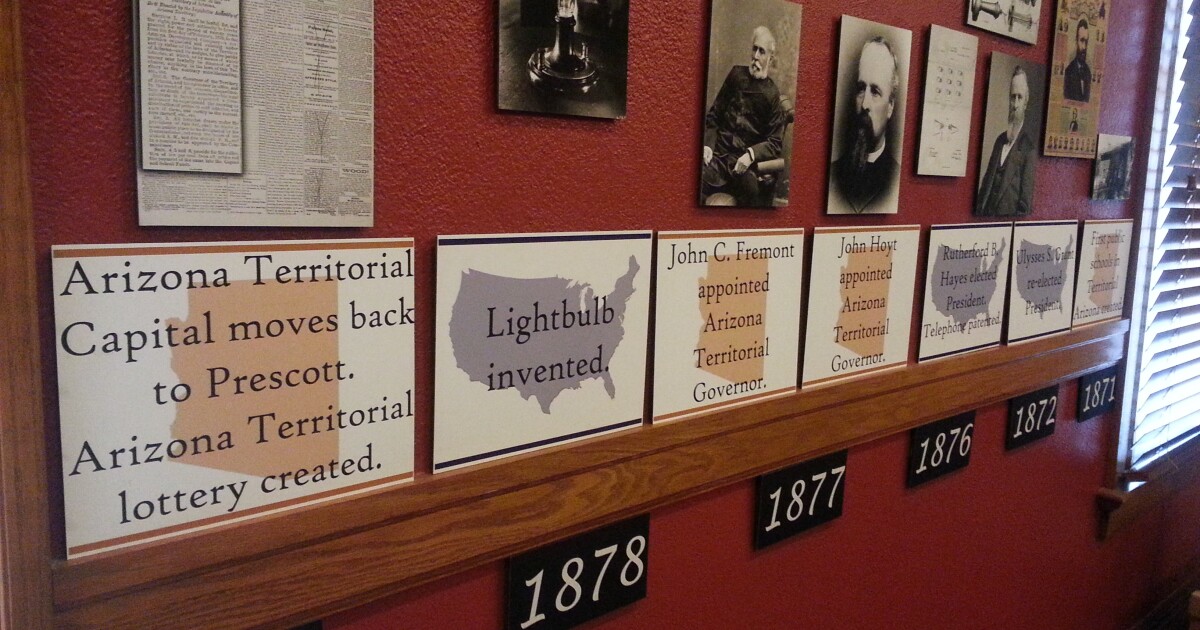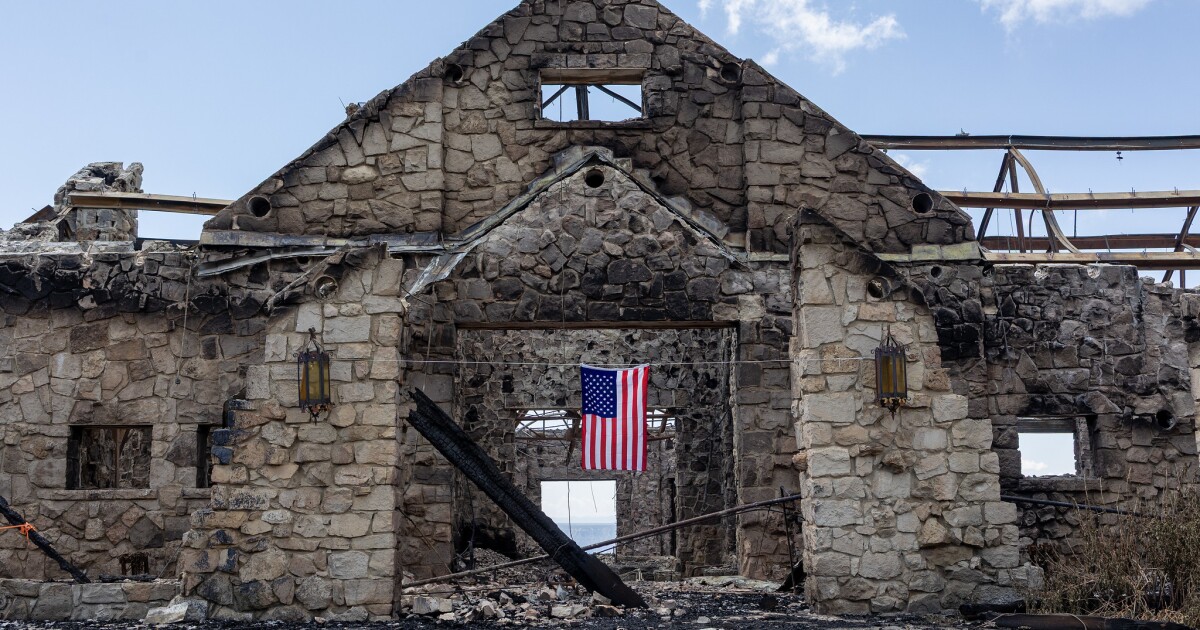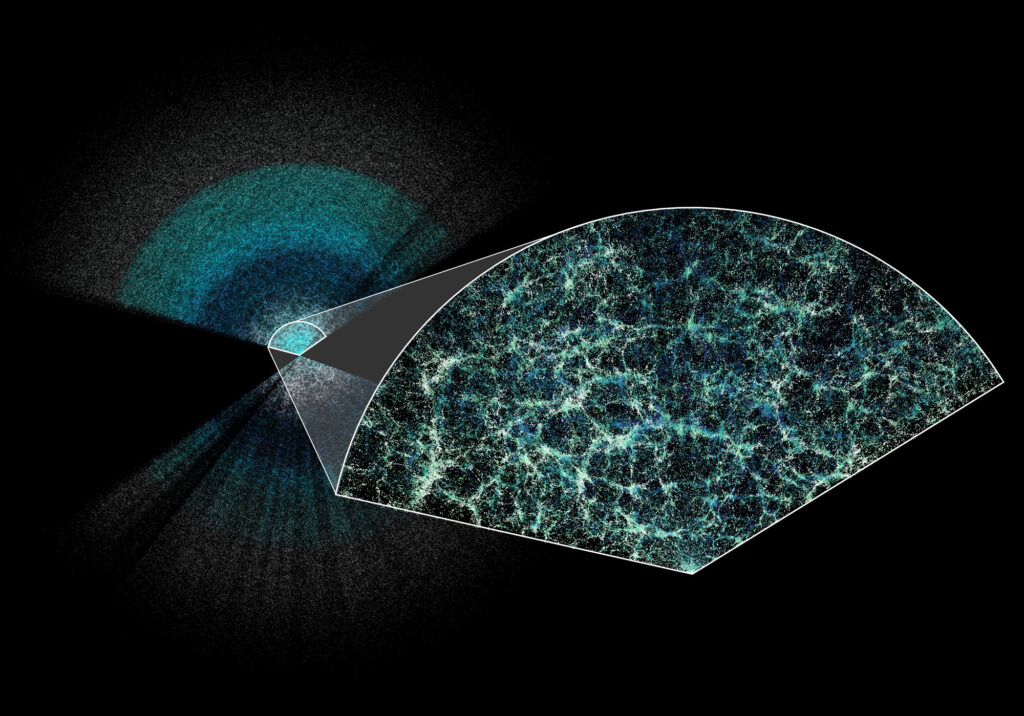The University of Michigan’s campuses are more than just physical spaces; they are key to strategic success and attracting a talented academic community. The newly created Design Review Committee will play a pivotal role in enhancing campus potential by guiding the design of new buildings, major additions, and landscaping projects across all Ann Arbor campuses, including Michigan Medicine. This committee of U-M faculty, staff, and alumni will ensure that design excellence supports discovery, innovation, recruitment, and community-building efforts. With an emphasis on aligning with institutional objectives, the committee’s work is expected to significantly impact the university’s strategic goals.
Jonathan Massey, committee co-chair and dean of the A. Alfred Taubman College of Architecture and Urban Planning, emphasized the importance of the physical environment in achieving institutional goals, stating, “The character of our physical environment, the way it’s organized, planned, and developed, is going to accelerate the achievement of institutional goals.” The committee’s involvement will be instrumental in connecting academic, sustainability, and accessibility efforts to the principles outlined in U-M’s Look to Michigan vision and Campus Plan 2050.

Executive Vice President and Chief Financial Officer Geoff Chatas highlighted the committee’s role in shaping the future of campus design. “As we look ahead to the coming decades, it’s crucial that our physical spaces reflect and support our institutional mission,” Chatas noted. The committee will review projects exceeding $10 million and those with high-impact potential, ensuring they align with a broader vision. This approach aims to create a cohesive campus environment that supports U-M’s strategic goals.
The decentralized procurement process for buildings and projects will benefit from the committee’s cohesive review, integrating projects into the university’s overarching goals. Deanna Mabry, associate director of design and university architect, sees the committee as an opportunity to enhance design quality through objective feedback, challenging design teams to find improved solutions.
This committee is poised to expand U-M’s collaborative design process, enhancing the learning potential for students. Massey highlighted the increasing connection between facilities and the academic side of the university, calling the campus a strategic asset. The committee’s diverse membership, including alumni with real-world experience, will provide valuable perspectives as they review projects in the schematic design phase.
Massey stated that the committee has begun meetings, expecting benefits to grow as project-to-project conversations develop. The focus is on how projects fit into the broader campus context and organizational objectives. “One of the main goals is to have the campus better attract people as part of our recruitment of students, faculty, and staff,” Massey said, emphasizing improved quality of life and interdisciplinary connections.
Design Review Committee
Executive Sponsor
- Geoff Chatas, Executive Vice President and Chief Financial Officer, Vice President for Facility and Operations
Co-Chairs
- Jonathan Massey, Dean of the Taubman College of Architecture and Urban Planning
- Marina Roelofs, Assistant Vice President, Architecture, Engineering, and Construction, AEC
Members
- Audrey Bennett, University Diversity and Social Transformation Professor, Stamps School of Art and Design
- Gia Biagi, Secretary of Transportation, State of Illinois, former Principal, Urbanism, Studio Gang Architects
- Sue Gott, Associate Director of Planning and Communications, AEC
- Lars Graebner, Associate Professor of Practice in Architecture, Taubman College of Architecture and Urban Planning
- Ron Henry, Executive Director of Facilities, Planning, and Operation, University of Michigan Health
- Chad Jobin, DRC Project Manager
- Jaron Lubin, Senior Partner, Safdie Architects
- Deanna Mabry, Associate Director of Design and University Architect, AEC
- Benjamin Morse, Director of Strategy, Office of Campus Sustainability
- Fadi Musleh, Assistant Vice Provost and Chief Strategist for Integrated Space, Academic, and Capital Planning
- Lisa Sauvé, Assistant Professor of Practice in Architecture, Taubman College of Architecture and Urban Planning
- Carla Swickerath, Partner, Studio Libeskind
—
Read More Michigan News

